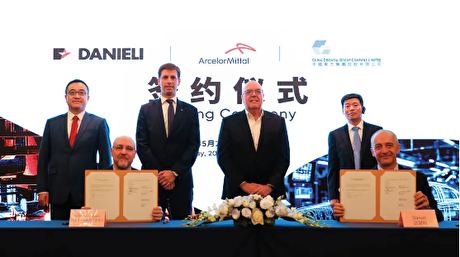
Indian mills expect policies to reverse demand slowdown

India's auto sales have plummeted this year, putting pressure on flat steel producers and forcing more hot-rolled coil sales to export. But there is growing confidence the slowdown will reverse, according to speakers and delegates at the Automotive Steel Summit 2019 held in New Delhi last week.
Automotive sector weakness is part of a slowdown reduced consumer spending that has been caused by a cash crunch, job losses and unclear policy changes.
"Rising fear of job losses in the automobile sector and failure of the banking and lending sector has diminished the consumer's earning capacity and disposable incomes," said Steel Strips and Wheels executive director Sanjeev Raghuvanshi. Banks have liquidity but refuse to lend in these circumstances, he said.
A number of auto producers including Tata Motors, Maruti Suzuki, Hero Motorcorp, Mahindra, Honda, Renault-Nissan and Skoda announced factory shutdowns on account of building inventories. Participants cited news that Maruti Suzuki has laid off more than 3,000 contract workers.
"A new normal is being created as consumers who preferred to spend cash on purchases of real estate and automobiles are being made to move away from the cash economy, following demonetisations measures," said Essar Steel chief marketing officer Ranjan Dhar.
Too many recent policy changes have the consumer confused, said Steel Users Federation of India president Nikunj Turakhia. "Policy changes need to be given time to stabilise before further changes are announced," he said.
"Policy clarity is required for the automobile industry to make long-term plans and investments," said steel producer SSAB's senior sales manager for India and southeast Asia Subhabrata Mukherjee.
India's finance minister Nirmala Sitharaman announced a number of relief measures for the auto industry on 23 August including lifting a ban on the purchase of new vehicles by government departments, along with the delay of a new one-time registration fee for vehicles until June 2020. The government also raised the rate of depreciation on all vehicles, acquired from now until March 2020 by 15pc to 30pc.
Bharat Stage (BS) 4 compliant vehicles, equivalent to the EU's Euro 4 vehicle emissions standards, purchased by 31 March 2020 will remain in effect for the entire period of registration. The government had previously mandated that only BS-6 compliant vehicles will be allowed to sell in India from 1 April 2020.
Delegates at the summit were lifted by these policy measures, with many agreeing that these reforms will help a change in sentiment, driving consumption. Further public spending in infrastructure building and a recent reduction in lending rates will also drive consumption, resulting in an increase in steel demand, Raghuvanshi told Argus.
While the Reserve Bank of India (RBI) has slashed policy rate by 110 basis points since February this year, banks were unable to fully pass on the benefit of the rate cuts because of tight liquidity conditions. But in response to the RBI's latest rate cut of 35 basis points in August, a number of banks announced a reduction in lending rates by 5-25 basis points this month.
The automotive and steel industries both need to cut costs and increase efficiency, Dhar told delegates at the summit. Delegates agreed that the industry needs to stop focusing on the challenges and start focussing on the solutions.


Caterpillar sees US tariff hit of up to $1.5 billion this year

Australia pledges $87M to rescue Trafigura’s Nyrstar smelters in critical minerals push

SAIL Bhilai Steel relies on Danieli proprietary technology to expand plate mill portfolio to higher steel grades
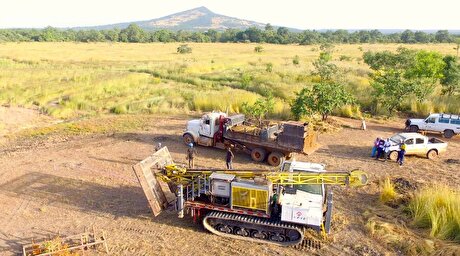
Fortuna rises on improved resource estimate for Senegal gold project

Alba Discloses its Financial Results for the Second Quarter and H1 of 2025
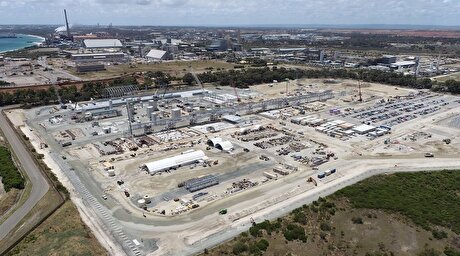
Tianqi Lithium Australia JV says it is prioritizing long-term viability of refinery

Fresnillo lifts gold forecast on strong first-half surge

Copper price slips as unwinding of tariff trade boosts LME stockpiles

Why did copper escape US tariffs when aluminum did not?

Gold exploration spend trending down despite higher prices – S&P Global

A global market based on gold bars shudders on tariff threat

New research reveals source of world’s richest lithium deposits

Century Aluminum to invest $50M in Mt. Holly smelter restart in South Carolina
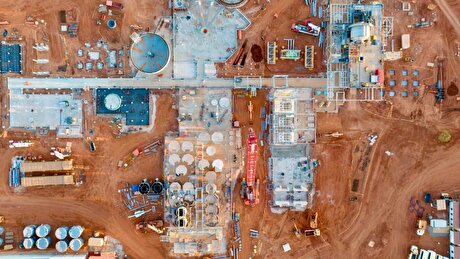
Australia to invest $33 million to boost Liontown’s Kathleen lithium operations
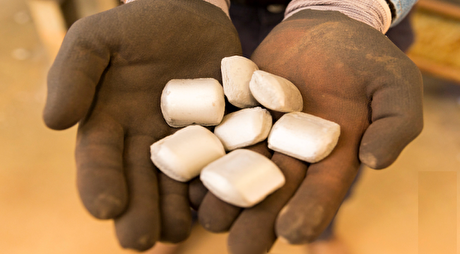
Glencore warns of cobalt surplus amid DRC export ban
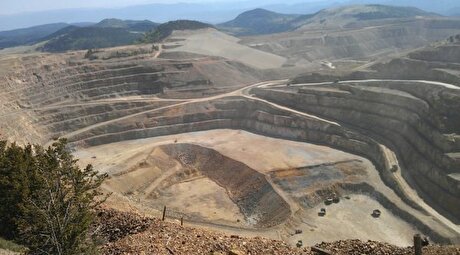
SSR Mining soars on Q2 earnings beat
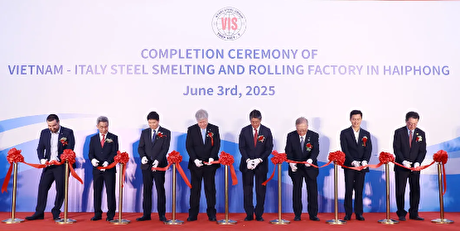
A Danieli greenfield project for competitive, quality rebar production

China limits supply of critical minerals to US defense sector: WSJ

Alba Hits 38 Million Safe Working Hours Without LTI

Gold exploration spend trending down despite higher prices – S&P Global

A global market based on gold bars shudders on tariff threat

Century Aluminum to invest $50M in Mt. Holly smelter restart in South Carolina

Australia to invest $33 million to boost Liontown’s Kathleen lithium operations

Glencore warns of cobalt surplus amid DRC export ban

SSR Mining soars on Q2 earnings beat

A Danieli greenfield project for competitive, quality rebar production

China limits supply of critical minerals to US defense sector: WSJ

Alba Hits 38 Million Safe Working Hours Without LTI
